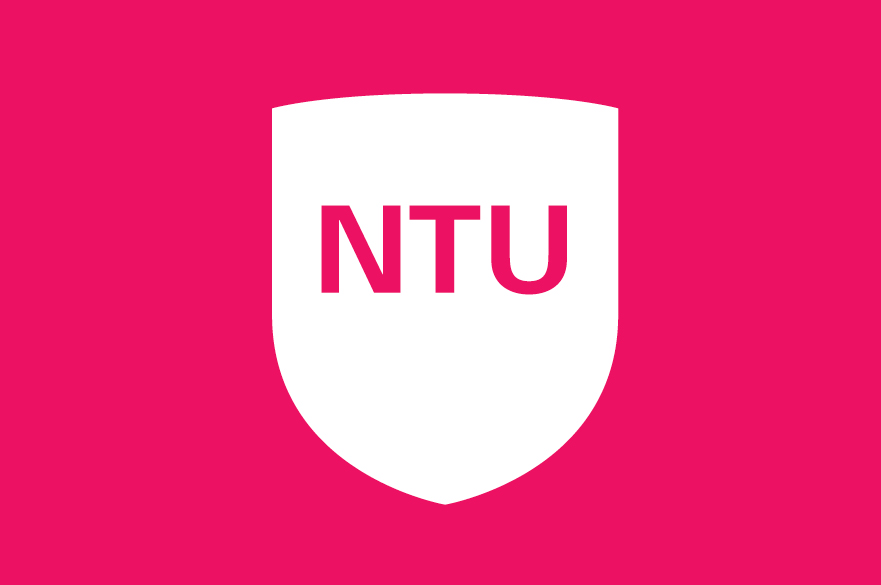Overview
Emerging economies play a critical role in global growth but face unique challenges in fostering sustainability amid economic advancement. Marketing practices in these contexts must address resource constraints, diverse cultural landscapes, and complex consumer behaviours. This research investigates the influence of sustainable marketing and ethical campaigns on policy, corporate strategies, and consumer choices in emerging economies (Hosta & Zabkar, 2021, Nguyen et al., 2017).
By integrating theoretical insights and practical approaches, the study seeks to explore how policies and business strategies can advance attainment of Sustainable Development Goals. The purpose of this project is to examine how sustainable marketing and ethical campaigns can influence sustainable consumer behaviour. In addition, the study will evaluate effectiveness of existing government policies and marketing campaign strategies in influencing consumer behaviours towards sustainability.
The specific objectives and research questions are:
1. Assess the state of sustainable marketing and ethical campaigns and their impact on consumer behaviour.
- What types of sustainable marketing and ethical campaign strategies are currently employed?
- How effective are these strategies in encouraging consumers to adopt sustainable behaviours?
2. Explain practices and challenges in promoting sustainability through marketing and policies.
- What best practices can be identified from successful sustainable marketing and ethical campaigns?
- What challenges do businesses and policymakers face in implementing and sustaining such campaigns?
3. Evaluate consumer perceptions and behaviours regarding sustainable marketing and ethical campaigns.
- How do consumers in emerging economies perceive sustainable marketing and ethical campaigns?
- What factors motivate or hinder consumers in adopting sustainable behaviours as promoted by these campaigns?
This project will make a significant contribution to marketing and consumer behaviour by examining how sustainable marketing and ethical campaigns influence consumer behaviour towards sustainability. The project aligns with the theme of "Safety and Sustainability,".
The candidate will aim to develop a comprehensive understanding of how sustainable marketing and ethical campaigns influence consumer behaviour in emerging economies by uncovering the complexities of promoting sustainability through marketing strategies.
The PhD project will examine how sustainable marketing and ethical campaigns influence consumer behaviour in emerging economies. It will identify effective strategies that create societal and environmental value, while addressing the unique challenges these regions face (Peterson et al. 2021). By evaluating existing policies and campaign effectiveness, the study will provide actionable insights for businesses and policymakers to foster consumer practices for the attainment of SDGs.
Nottingham Business School is triple crown accredited with EQUIS, AACSB and AMBA – the highest international benchmarks for business education. It has also been ranked by the Financial Times for its Executive Education programmes in 2023 and 2024. NBS is one of only 47 global business schools recognised as a PRME Champion, and held up as an exemplar by the United Nations of Principles of Responsible Management Education (PRME).
Its purpose is to provide research and education that combines academic excellence with positive impact on people, business and society. As a world leader in experiential learning and personalisation, joining NBS as a researcher is an opportunity to achieve your potential.
Applications for October 2025 intake closes on 1st July 2025 and applications for Jan 2026 intake closes on 1st October 2025.
Staff profiles
Entry qualifications
UK: Successful applicants for the PhD in Nottingham Business School normally hold a first or upper second-class honours degree from a UK university or an equivalent qualification. Candidates with a lower second-class degree may apply if they hold a Master’s degree at Merit level or higher.
International: Successful applicants for the PhD in Nottingham Business School normally hold a first or upper second-class honours degree from a UK university or an equivalent qualification.
How to apply
Applications for October 2025 intake closes on 1st July 2025 and applications for Jan 2026 intake closes on 1st October 2025. Please visit our how to apply page for a step-by-step guide and make an application.
Fees and funding
This is a self-funded PhD project for UK and International applicants.
Guidance and support
For more information about the NBS PhD Programme, including entry requirements and application process, please visit: https://www.ntu.ac.uk/course/nottingham-business-school/res/this-year/research-degrees-in-business
Nottingham Business School is triple crown accredited with EQUIS, AACSB and AMBA – the highest international benchmarks for business education. It has also been ranked by the Financial Times for its Executive Education programmes in 2023 and 2024. NBS is one of only 47 global business schools recognised as a PRME Champion, and held up as an exemplar by the United Nations of Principles of Responsible Management Education (PRME).
Its purpose is to provide research and education that combines academic excellence with positive impact on people, business and society. As a world leader in experiential learning and personalisation, joining NBS as a researcher is an opportunity to achieve your potential.
